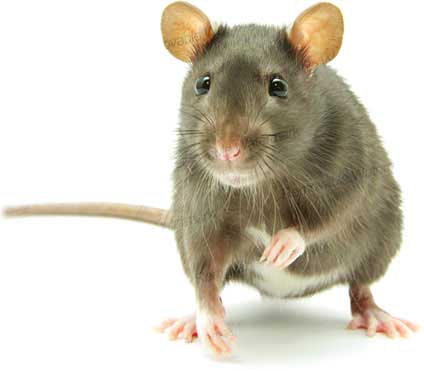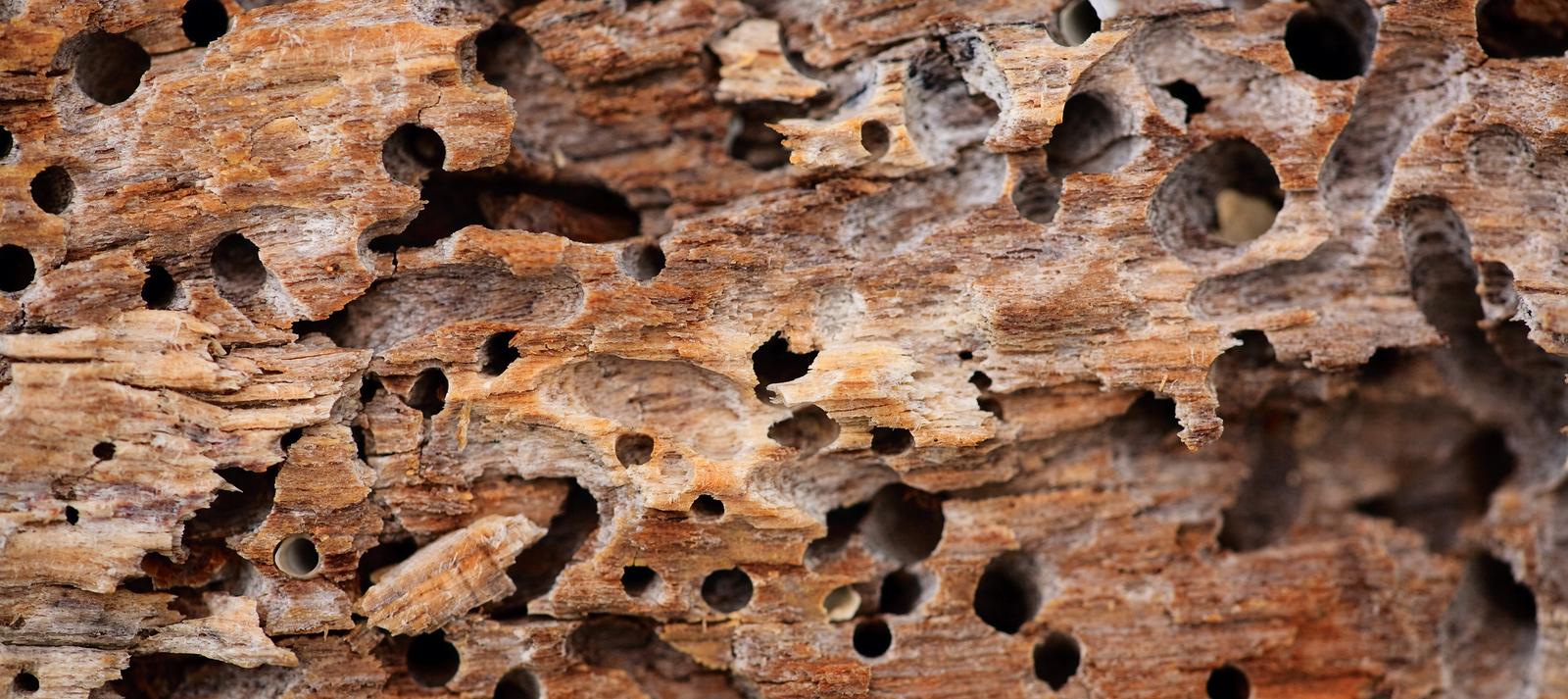Forest Hill, TX Pest Control
 Pest Control in Forest Hill TX - At Ameritech Termite & Pest Control we pride ourselves in offering excellent customer service. We have been proudly servicing businesses and homes in the Dallas Fort Worth Metroplex for over 30 years. If you need any kind of pest control service in Forest Hill, contact Ameri-Tech Termite & Pest Control Company. We are a locally owned business that focuses on the total removal of all of your bugs, ants, spiders etc. We care about our customers and you can trust us to do the job right the first time.
Pest Control in Forest Hill TX - At Ameritech Termite & Pest Control we pride ourselves in offering excellent customer service. We have been proudly servicing businesses and homes in the Dallas Fort Worth Metroplex for over 30 years. If you need any kind of pest control service in Forest Hill, contact Ameri-Tech Termite & Pest Control Company. We are a locally owned business that focuses on the total removal of all of your bugs, ants, spiders etc. We care about our customers and you can trust us to do the job right the first time.
Facts About Forest Hill, TX - Forest Hill is at the intersection of Interstate Highway 20/820 and State Highway 496, eight miles southeast of Fort Worth in south central Tarrant County. It was established as a residential suburb of Fort Worth by 1896, when its segregated schools registered fifteen black students and ninety-one white students and employed three teachers. By 1905 Forest Hill operated no school for black students and two schools for white; the schools had 226 students and four teachers. In 1911 the community was designated a stop on the Fort Worth Southern Traction Company's electric interurban rail line between Fort Worth and Cleburne. -TSHA
Forest Hill, TX Pest Treatments
Forest Hill
United States
-
Thu

62
°F
Forest Hill, TX Bedbugs, Fleas & Ticks - Bedbugs hide in bedding, carpeting, bedsheets, garments, underneath wallpaper, under cloths, between curtain folds, behind wall decors and behind wooden furniture. They like to attack during the night and they will remain active right up until before dawn. Bed bugs bite exposed skin of a person in an infested bed by leaving reddish colored scratchy dots. They just don't wander away from sleeping and relaxing areas however they are able to travel in excess of 100 feet at night time to look for meals. Bed bugs were once terminated in the US however they are making a comeback by making use of international travelers. The most common places to find them are resorts and condo buildings. Bedbugs can survive 12 months without food. This permits them to journey from different places until they found a comforting place with food. They hide on clothes and suitcases of travelers. Additionally they reside in couches and could be transferred from property to property through used furniture. Domestic animals like dogs and cats have thick fur which makes for a fantastic hiding place for bed bugs. Traveling on public transit like shuttle bus, trains and taxi cabs can bring you into contact with bedbugs which you then take to your house. Bed bugs are six legged parasitic pests that draw human and animal blood. Their length is around 1/4 inch with an oblong flat form. Their size is comparable to an apple seed.
Rodents In Forest Hill, TX
Termite Sprayed Forest Hill, TX
Termite Treatment in Forest Hill, TX - Subterranean termites are often called noiseless destroyers, since they are frequently trying to hide in your residence or in your backyard without any signs of damage. All termites ingest wood based plant materials. All homes no matter what their structure type, offers wood foodstuff for wood eating termites. Termites are typically referred to as noiseless destroyers, as they in many cases are trying to hide in your home or in your garden without any indication of destruction. All termites ingest cellulose based plant materials. Unfortunately, all homes whatever their particular construction type, can provide wood foodstuff for subterranean termites. Termite homes are often formed in the soil.
 Pest Control in Forest Hill TX - At Ameritech Termite & Pest Control we pride ourselves in offering excellent customer service. We have been proudly servicing businesses and homes in the Dallas Fort Worth Metroplex for over 30 years. If you need any kind of pest control service in Forest Hill, contact Ameri-Tech Termite & Pest Control Company. We are a locally owned business that focuses on the total removal of all of your bugs, ants, spiders etc. We care about our customers and you can trust us to do the job right the first time.
Pest Control in Forest Hill TX - At Ameritech Termite & Pest Control we pride ourselves in offering excellent customer service. We have been proudly servicing businesses and homes in the Dallas Fort Worth Metroplex for over 30 years. If you need any kind of pest control service in Forest Hill, contact Ameri-Tech Termite & Pest Control Company. We are a locally owned business that focuses on the total removal of all of your bugs, ants, spiders etc. We care about our customers and you can trust us to do the job right the first time. 62 °F
62 °F




